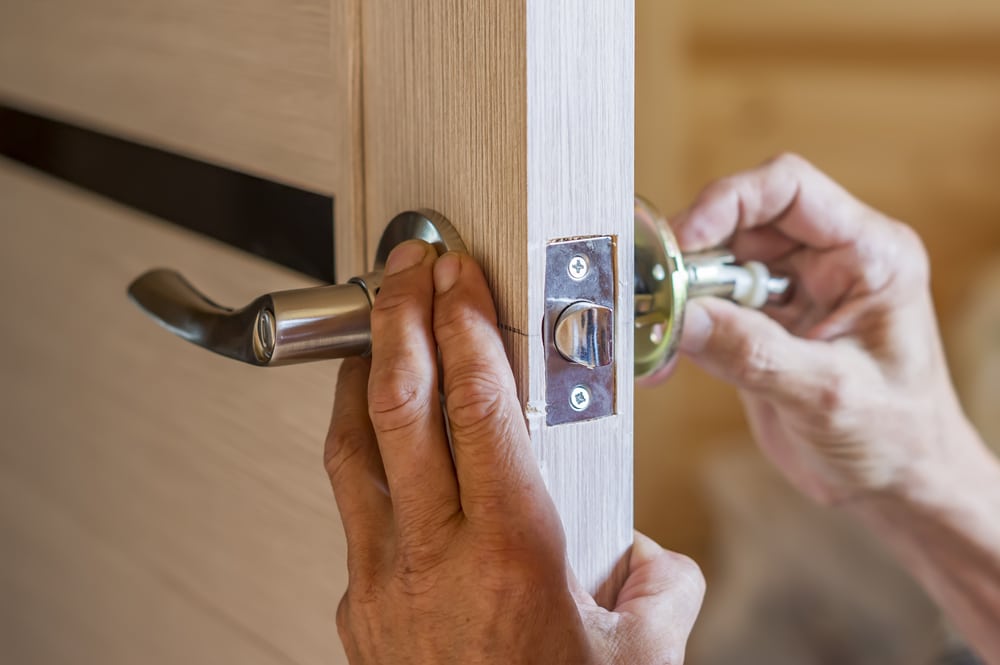Separations can be difficult for several reasons, especially if there are assets involved. If you’re wondering what happens to a home when you’re unmarried, then we have all the answers for you right here.
We’ll check out whether an unmarried partner can claim the house, what the rights of each partner are, and what you should do to protect yourself. Read our blog below to find out more.
Can An Unnamed, Unmarried Partner Claim A Property During A Divorce?
We’re going to presume that you’re asking this question as only one person is named as the owner of the property. If they are joint owners, then they’ll almost always have an equal share of the property. Exceptions can be if one party is in much greater financial need.
An unmarried partner that is not one of the owners wouldn’t be able to claim a property outright. However, in some circumstances, they are able to claim a share of the property, but this will depend on how much they contributed, and for how long.
To make it easier, let’s look at three different scenarios. We’ll then look at how likely in each of them that a partner would be entitled to a share of the property.
Scenario 1 – The property was bought in one name to make the application easier. However, both parties equally contributed to the deposit and the mortgage was paid from a joint account which they both paid into.
Scenario 2 – One partner bought the property on their own, and later the other partner moved in with them. The mortgage is paid from a joint account, however, the owner pays a much greater percentage into it.
Scenario 3 – One partner bought the property on their own, and later the other partner moved in with them. The mortgage is paid from the owner’s account, and the other partner has made no contributions to the upkeep.
In scenario one, it’s possible that the court would award a significant share of the property to the non-owner. They would be deemed to have an “equitable interest” in the property as they helped with the deposit and have made regular contributions.
Scenario two would be more of a grey area, and the non-owner would have to prove they had an equitable interest. They may be given a share of the property, but this will depend on several factors, and the share would unlikely be significant.
In marriage, you gain rights, which includes a right to any assets. An unmarried partner has no such rights. This is why for scenario 3, it would be unlikely that the non-owner would be given any share of the property at all.
Things to Consider When Living Together as an Unmarried Couple
Many couples want to remain unmarried for one reason or another. While that’s a personal choice, it can make one partner vulnerable if they aren’t the owner of the property. Here we’ll look at some things you should consider.
Financial contributions
If the other partner is contributing financially to the property’s upkeep, it is crucial to establish whether they are making payments towards rent, mortgage, or bills. These contributions should be documented, and an agreement should be made to ensure that both parties are clear on what they are responsible for financially.
Cohabitation agreement
A cohabitation agreement is a legally binding document that outlines the terms of a couple’s living arrangement. It can specify the rights and responsibilities of each partner, including how they will share expenses and what will happen to the property in the event of a breakup.
Inheritance
If the property owner dies, their property may pass to their heirs under UK inheritance laws. The other partner may not have an automatic right to inherit the property, so it is essential to make provisions for this in a will.
Is It Simple to Claim a House as Your Own?
This depends on the various factors as with the scenarios above. An unmarried partner has no automatic rights to a share of the property, but can prove they deserve a share if they have financially contributed to the property.
If you’re the homeowner and you’ve split up with your unmarried partner, then it’s important to note that the home may not automatically be 100% yours. It can be a good idea to come to a fair agreement and compensate your ex-partner for the financial contributions they’ve made.
For example, if they have been paying £200 off the capital for ten years, then they would have created around £24,000 in equity. You could agree to remortgage the property to buy them out of any potential share of the property.
Working out any potential share is difficult, and often it’s the best idea to get legal advice. A legal professional can look at your case and give a clearer induction on whether or not an unmarried partner would be entitled to a share.
Sell Your Property with We Buy Any Home
WeBuyAnyHome are chain-free cash house buyers who can purchase your property up-front and quickly, without hassle or stress. You are in the perfect place to sell your house fast.
Using our own funds, we will purchase your property at a set price, by a date of your choosing, fully managed from beginning to end.
Any location, any condition, we buy any house. We can provide you with an offer for your UK property – Cardiff to Clyde, Durham to Dover. Our specialist team have helped assist thousands of people to a quick and stress-free house sale.
Click on this link if you want to find out whether an ex can force you to sell the family home.
Fill in our enquiry form below if you are interested in getting a cash offer for your house.

















